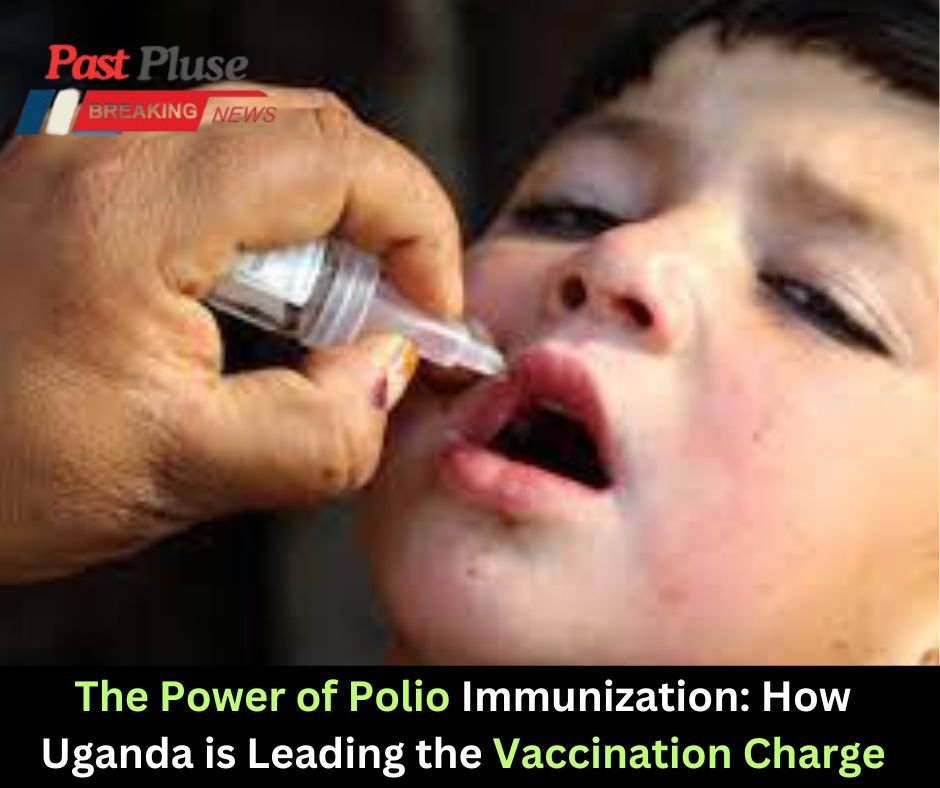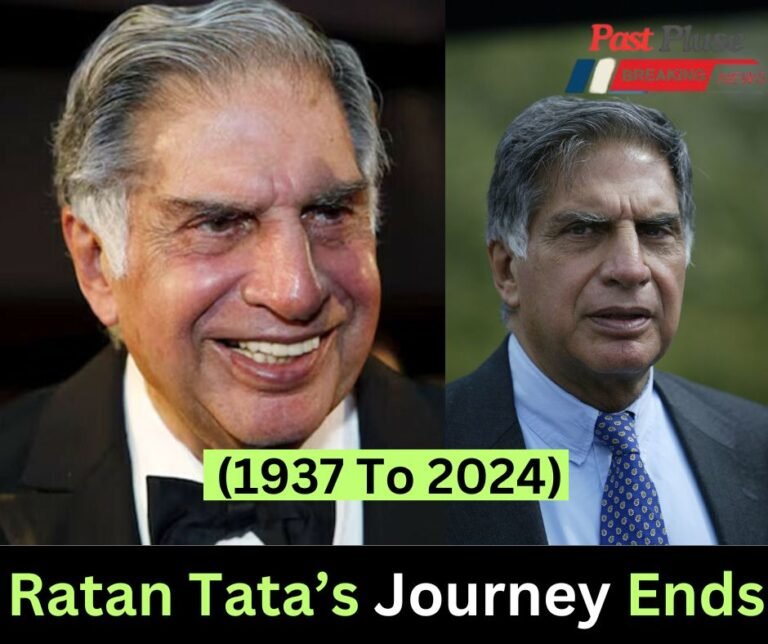
Introduction
Polio, a highly infectious viral disease, has long posed a significant public health threat globally. Uganda, a nation at the heart of Africa, has emerged as a critical leader in combating this deadly disease through comprehensive immunization efforts. With the global push to eradicate polio once and for all, Uganda’s relentless campaigns, government commitment, and community-driven actions have proven essential to reducing polio transmission and protecting future generations.
Polio Immunization has become a cornerstone of global health strategies due to the disease’s capacity to cause permanent paralysis, and in some cases, death. The strides made by Uganda in this area not only represent a milestone in the country’s healthcare evolution but also serve as an inspiring model for other countries in the region and beyond. By leading the charge in polio vaccination, Uganda demonstrates the power of collective effort, governmental support, and the resilience of its healthcare system.
Understanding the Importance of Polio Immunization
Polio, caused by the poliovirus, primarily affects young children under the age of five. The virus spreads through contaminated food, water, and direct contact, making it highly contagious in communities lacking proper sanitation. While there is no cure for polio, it is preventable through vaccines, which have been the mainstay of global efforts to eradicate the disease.
Polio vaccines, specifically oral polio vaccines (OPV) and inactivated polio vaccines (IPV), have proven to be incredibly effective in protecting individuals and communities. Uganda’s polio immunization programs have focused on widespread vaccination coverage, ensuring that children in both urban and rural settings receive the necessary doses to achieve immunity.
Vaccination campaigns in Uganda have been comprehensive, utilizing both fixed health facilities and mobile teams to reach even the most remote areas. This approach ensures that no child is left behind, significantly reducing the risk of a polio outbreak. Additionally, Uganda’s partnership with international organizations like the World Health Organization (WHO), UNICEF, and Gavi, the Vaccine Alliance, has been instrumental in securing the necessary funding and logistical support for large-scale vaccination efforts.
Uganda’s Success Story in Polio Eradication
Uganda’s commitment to polio eradication has been longstanding, with notable milestones in its immunization efforts. The country’s journey towards becoming polio-free has been characterized by its innovative strategies, swift action in response to outbreaks, and strong community engagement.
1. National Immunization Days (NIDs): Uganda has implemented National Immunization Days (NIDs), during which mass immunization campaigns are conducted across the country. These campaigns target all children under the age of five, regardless of previous vaccination status, ensuring full coverage and herd immunity. Uganda has conducted multiple rounds of NIDs, with each campaign immunizing millions of children in a span of a few days.
2. Surveillance and Rapid Response: Uganda’s robust surveillance systems have been critical in detecting and responding to any signs of polio resurgence. Through the Acute Flaccid Paralysis (AFP) surveillance system, healthcare workers across the country are trained to identify early symptoms of polio and report them immediately. This system, combined with rapid response teams, has allowed Uganda to quickly contain and prevent outbreaks from spreading.
3. Political Commitment and Funding: Uganda’s government has shown unwavering commitment to polio eradication, ensuring that sufficient resources are allocated to immunization programs. This commitment has been bolstered by partnerships with international health organizations, which have provided both financial support and technical expertise. As a result, Uganda’s polio immunization campaigns are well-funded, sustainable, and far-reaching.
Challenges Uganda Faced in the Fight Against Polio
While Uganda’s efforts have been largely successful, the country has faced several challenges in its polio immunization campaigns. These challenges, however, have been met with resilience and strategic planning.
1. Geographic and Logistical Barriers: Uganda’s diverse topography, which includes vast rural and hard-to-reach areas, poses significant challenges for vaccination efforts. Mobile health teams have had to traverse difficult terrain to reach remote communities, often facing delays due to poor infrastructure. However, with strategic planning and community engagement, these barriers have been overcome to ensure widespread vaccine coverage.
2. Vaccine Hesitancy: As in many parts of the world, vaccine hesitancy has also been a challenge in Uganda. Misinformation about the safety and efficacy of vaccines has led to pockets of resistance in some communities. To address this, Uganda’s Ministry of Health has launched educational campaigns to raise awareness about the importance of polio vaccination and dispel myths. These efforts have been supported by trusted community leaders, health workers, and religious figures, helping to build trust and acceptance of the vaccine.
3. Resource Limitations: Like many low-income countries, Uganda has faced challenges in securing enough resources to maintain its vaccination programs. However, through partnerships with international organizations and donors, the country has managed to secure the necessary funding for large-scale immunization campaigns.
Global Recognition of Uganda’s Efforts
Uganda’s efforts in polio eradication have gained international recognition. In 2020, Uganda was declared polio-free by the World Health Organization, a significant milestone in the global fight against polio. This achievement was a testament to the country’s rigorous immunization campaigns, surveillance systems, and strong political commitment.
Uganda’s success has inspired other countries in the region to strengthen their polio eradication efforts. Neighboring countries, facing similar challenges, have looked to Uganda as a model for best practices in immunization, surveillance, and community mobilization.
The Future of Polio Immunization in Uganda
Despite being declared polio-free, Uganda continues to prioritize polio immunization to prevent the reintroduction of the virus. As global travel and migration increase, the risk of imported cases remains a threat. Uganda’s healthcare system remains vigilant, maintaining high immunization coverage and strengthening its surveillance systems to ensure that polio does not make a comeback.
Uganda’s success story highlights the importance of sustained political will, strong healthcare infrastructure, and community involvement in achieving public health goals. The country’s proactive stance on polio immunization serves as a reminder that the fight against polio is ongoing and requires continuous effort, even after achieving significant milestones.
Also Read More>..
Yashasvi Jaiswal Breaks 147-Year Record: A Test Debut for the Ages vs BAN







